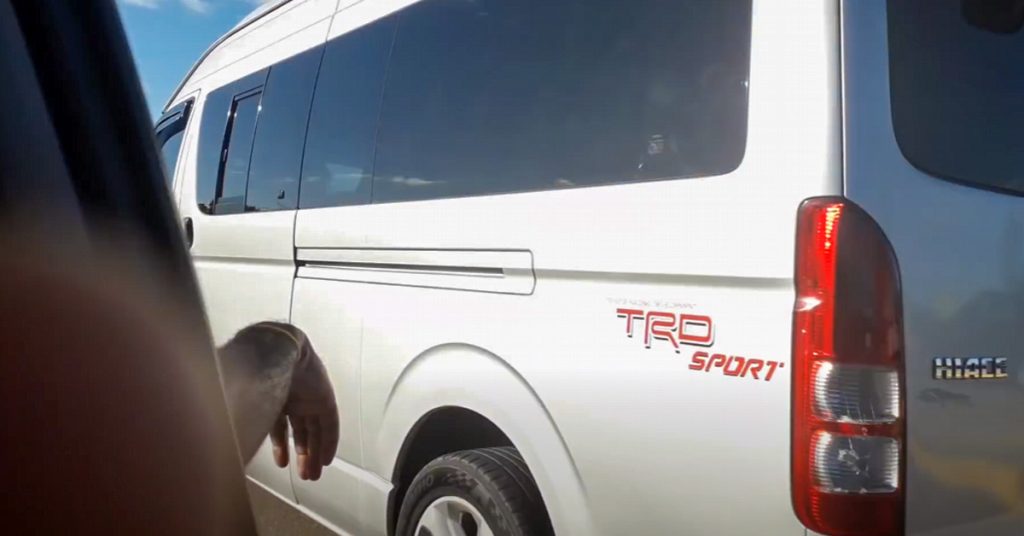OPINION: Speed Monitoring Technology Should Be Mandatory for Public Transport in Jamaica

The recent revelation by Transport Minister Daryl Vaz that a driver in the newly rolled-out Rural School Bus Programme committed 14 speeding violations in a single trip is alarming and points to a much larger issue that cannot be ignored.
While the authorities have rightly taken action in this particular case, the incident underscores the urgent need for mandatory speed monitoring technology across all public transport vehicles in Jamaica.
Public transportation carries the most vulnerable among us — children, the elderly, and everyday commuters who depend on these services to move safely from place to place.
When drivers engage in reckless behaviour such as frequent speeding, they not only endanger lives but also erode public trust in the transport system.
Technology now makes it possible to track, record, and address these violations in real-time, ensuring accountability and deterring dangerous practices.
The case of the school bus driver is evidence that the technology works. Without such monitoring, those 14 violations may have gone unnoticed, leaving students exposed to unacceptable risks.
This should not be seen as an isolated incident, but rather as a wake-up call to the government and the wider society.
Making speed monitoring compulsory would create a culture of responsibility within the transport sector. Drivers would know that their actions are being recorded and that repeated offences will not be tolerated.
Such a measure would also help the Ministry of Transport and law enforcement to identify habitual offenders and remove them from the roads before tragedy strikes.
Furthermore, in a country where road accidents remain a leading cause of injury and death, the introduction of mandatory monitoring would be a proactive step towards safer roads.
It aligns with broader public safety goals and reflects a government that prioritises the lives of its citizens above convenience or cost-saving.
The successful rollout of the Rural School Bus Programme shows what can be achieved when technology is properly implemented. Extending this approach to the wider public transport system would not only improve safety but also build confidence in government-led initiatives.
Passengers deserve to know that when they board a bus or taxi, their well-being is protected by systems that leave no room for reckless driving to go unchecked.
It is time for the government to go further — to make speed monitoring technology mandatory across all public transport vehicles in Jamaica. Anything less is a compromise on safety, and that is a compromise no one should be willing to accept.
Guest Author: Darwin McDonald
Remember to share this article on Facebook and other Social Media Platforms. To submit your own articles or to advertise with us please send us an EMAIL at: [email protected]

